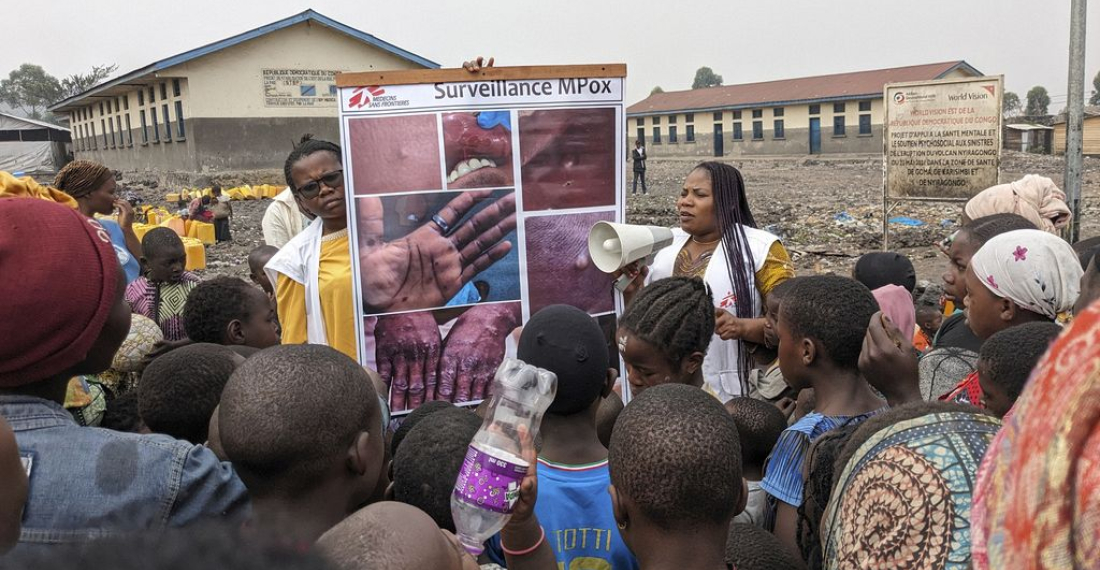Several patients in a makeshift Mpox isolation ward in the eastern Democratic Republic of Congo are in urgent need of proper medical care as hospital staff struggle with drug shortages and overcrowding. These patients have been diagnosed with Mpox, a virus that was declared a global public health emergency three weeks ago. Reports over the past two weeks suggest that vaccines against the new strain of the virus are expected to arrive soon. In response to the outbreak, Congo's President Felix Tshisekedi has approved a $10 million fund to support containment efforts. However, until these measures are implemented, health workers in parts of the DRC continue to struggle to provide adequate care for patients.
Family members, who usually provide food for patients in underfunded hospitals like Kavumu, were not allowed to visit the Mpox ward to prevent the spread of the virus. "We have nothing to eat," said Nzigire Lukangira, a 32-year-old mother of a hospitalised child. Cris Kacita, who is leading Congo's response to the outbreak, acknowledged that some areas of the country were running out of drugs, but assured that the delivery of supplies, including 115 tonnes of drugs from the World Bank, was a top priority.
Dr Samuel Boland, Mpox Incident Manager at the WHO Regional Office for Africa, said on 23 August that as part of its response to the resurgence, WHO is using new strategies to reach conflict-affected areas of the DRC. "We can use tools such as radio to reach people who would otherwise be difficult to reach on foot. We have already started to mobilise a large network of staff in DRC and other Mpox-affected areas who are on the ground and ready to support the Mpox response in these challenging and hard-to-reach areas," said Dr Boland. However, it appears that these strategies have yet to be fully implemented.
Source: commonspace.eu with Africanews and other agencies







